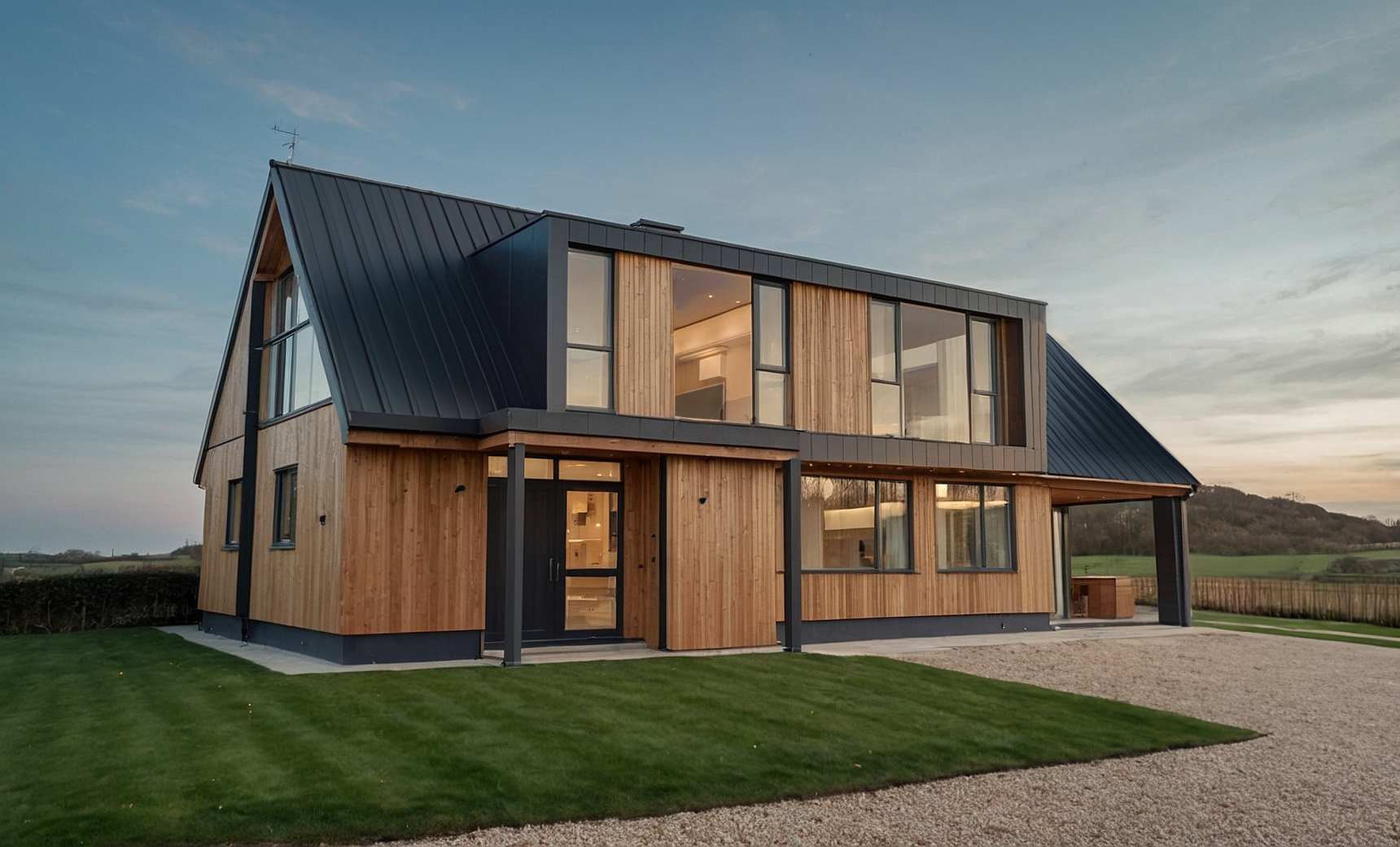Understanding Building Regulations: What You Need to Know Before You Build
If you’re planning a construction project, whether it’s a home extension, loft conversion, or a new build, building regulations are something you must consider. While planning permission determines whether you’re allowed to build, building regulations ensure that your project is structurally sound, energy-efficient, and safe. At Dennis Hellyar Architects, we help our clients navigate these regulations to ensure a smooth and compliant building process. Here’s what you need to know.
What Are Building Regulations?
Building regulations are legal requirements set by the government to ensure that buildings meet minimum standards for safety, health, energy efficiency, and accessibility. These regulations cover aspects such as:
Insulation and energy performance
Structural integrity
Fire safety
Ventilation
Accessibility
Electrical and plumbing standards
All building work in the UK must comply with these regulations, and in most cases, approval is required before work begins.
Do You Need Building Regulations Approval?
Most building projects require building regulations approval, including:
New builds
Extensions and major renovations
Loft and garage conversions
Installing new windows or doors
Electrical work and plumbing alterations
Structural changes, such as removing load-bearing walls
However, minor works like small repairs or internal decoration typically do not require approval.
The Building Regulations Process
The process for obtaining building regulations approval involves several steps:
Pre-Application Advice – Before starting your project, it’s beneficial to consult with an architect or building control professional to understand the requirements.
Submitting an Application – There are two main types of applications:
Full Plans Application – Detailed drawings and specifications are submitted for approval before work begins.
Building Notice – A more straightforward process for smaller projects, allowing work to start without full drawings but with inspections throughout.
Site Inspections – A building control officer will visit at various stages of construction to ensure compliance.
Final Certification – Once the work is completed and all checks are passed, you will receive a completion certificate proving compliance with regulations.
Common Building Regulation Requirements
To ensure your project meets the necessary standards, here are some key regulations to be aware of:
Structural Stability—Buildings must be designed to safely bear loads and withstand environmental factors. A structural engineer is often required to provide specifications and calculations for building control approval.
Fire Safety – Adequate fire exits, smoke alarms, and fire-resistant materials must be included.
Thermal Efficiency – Insulation, double-glazing, and heating efficiency must meet the required standards. A building services engineer would be recommended to advise on energy efficiency upgrades and ensure compliance with regulations.
Electrical Safety – All electrical work must be carried out by a registered electrician and comply with Part P of the regulations.
Drainage & Plumbing – Proper wastewater disposal and water supply systems must be in place.
Accessibility – Certain projects must include accessible entrances and facilities for people with disabilities.
What Happens If You Don’t Comply?
Failing to comply with building regulations can have serious consequences, including:
Being required to alter or remove non-compliant work
Legal action and fines
Difficulty selling the property due to missing compliance certificates
How We Can Help
At dhA, we provide expert guidance through every stage of your project, from design and application submission to liaising with building control officers. Our goal is to ensure your project not only meets all regulations but is also completed efficiently and to the highest standards.
Thinking about a new project? Get in touch today!

